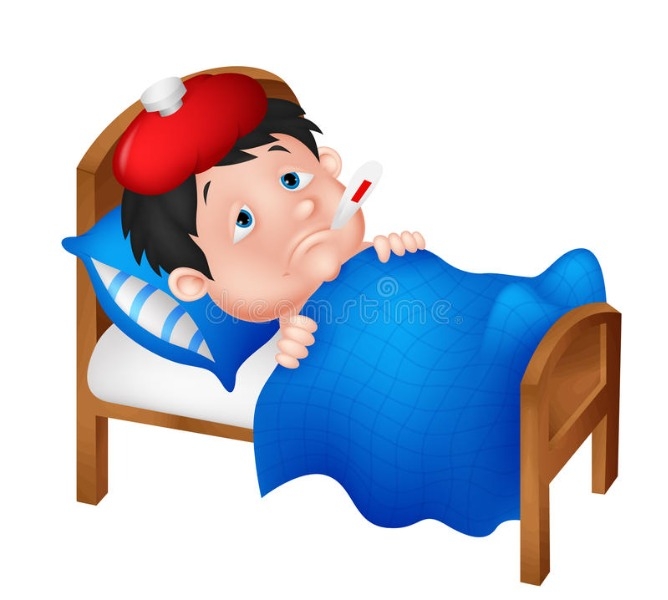Information from the School Nurse
(Printable Information from the Nurse)
Dear Parents/Guardians,
Cold and flu season is among us and with winter break just around the corner, I wanted to send out a few reminders to help keep us all healthy.
- If possible, you and your child(ren) should get a flu shot to help prevent infection with the flu (influenza).
- If your child is sick and has fever (100 degrees F or higher), keep him/her at home to prevent the spread of illness to others. Your child should be naturally fever free (temperature below 100 degrees F, without Tylenol or Ibuprofen) for at least 24 hours before returning to school.
- Remind your child to cover his/her nose and mouth with a tissue when sneezing or coughing and dispose of the tissue immediately. We teach them to cough/sneeze into the bend of their elbow, or to cough down into the front of their own shirt to help keep as many germs as possible off their hands. Use hand sanitizer or wash hands after.
- Have your child wash his/her hands frequently with soap and warm water for at least 20 seconds. Use hand sanitizer if soap and water is not available. Always follow with soap and water as soon as available.
- Disinfect frequently-touched surfaces and shared items at least once a day. Ensure that bathrooms are stocked with soap, hand towels and tissues.
- Teach your child not to touch his/her mouth, nose, or eyes.
- Drink plenty of water. Teach your child not to share personal items like water bottles, cups, food, or toothbrushes.
If you have any questions or concerns, please feel free to call me, (712) 382-2017.
Sincerely,
Nicole Matheson, RN
Influenza (flu) symptoms: fever, chills, cough, sore throat, headache, muscle aches. You must contact your doctor with these symptoms, if you are unsure, it is best to contact the doctor early.
Common Cold symptoms: stuffy nose, sneezing, sore throat, and hacking cough. If your child develops a fever with cold symptoms, you will want to contact your doctor.
Respiratory Syncytial Virus (RSV) symptoms: runny nose, cough, fever, wheezing, decreased appetite. RSV is the most common cause of bronchiolitis (inflammation of the small airways) and pneumonia (infection in the lungs) in children.



 Launch the media gallery 1 player
Launch the media gallery 1 player